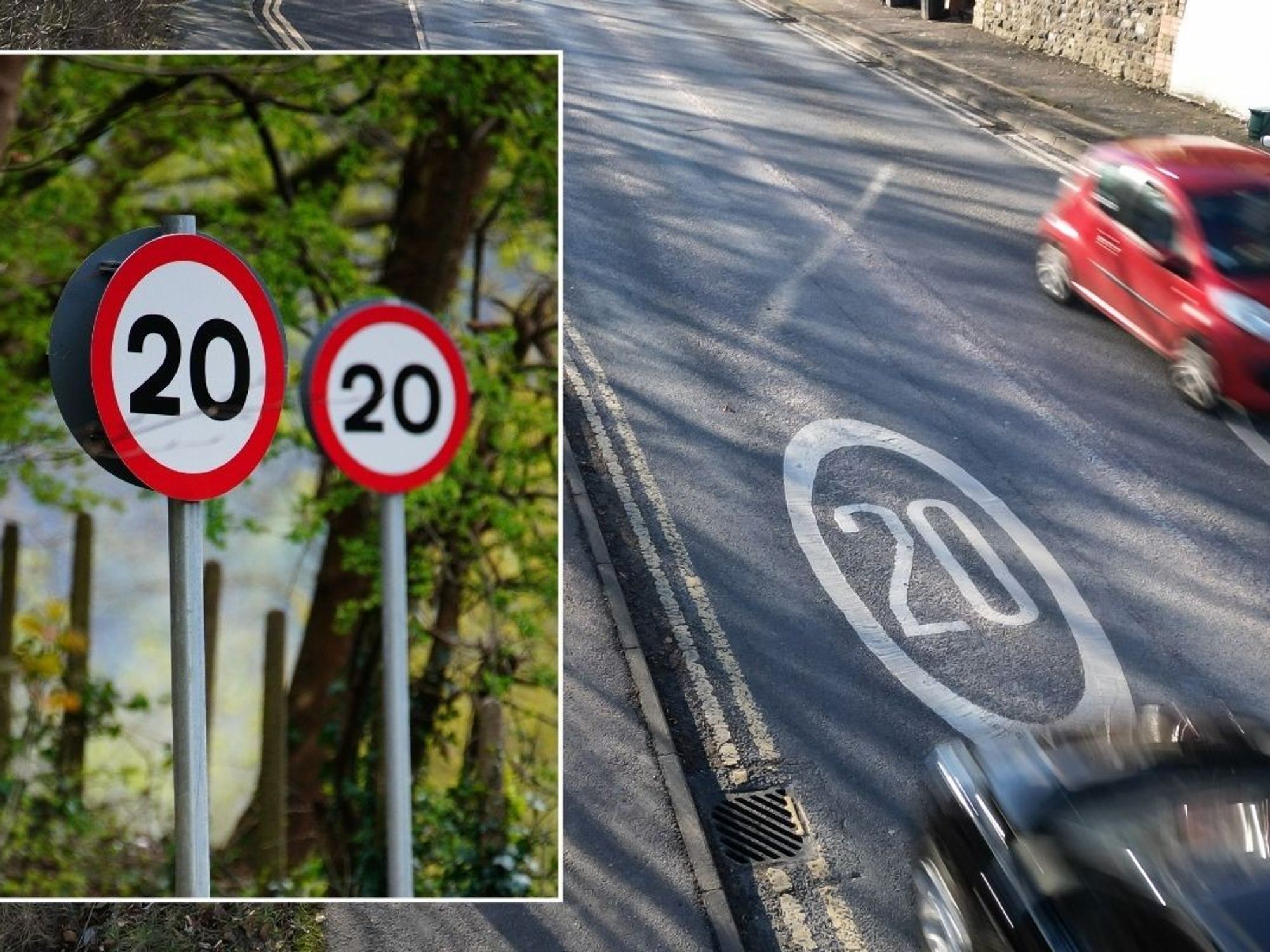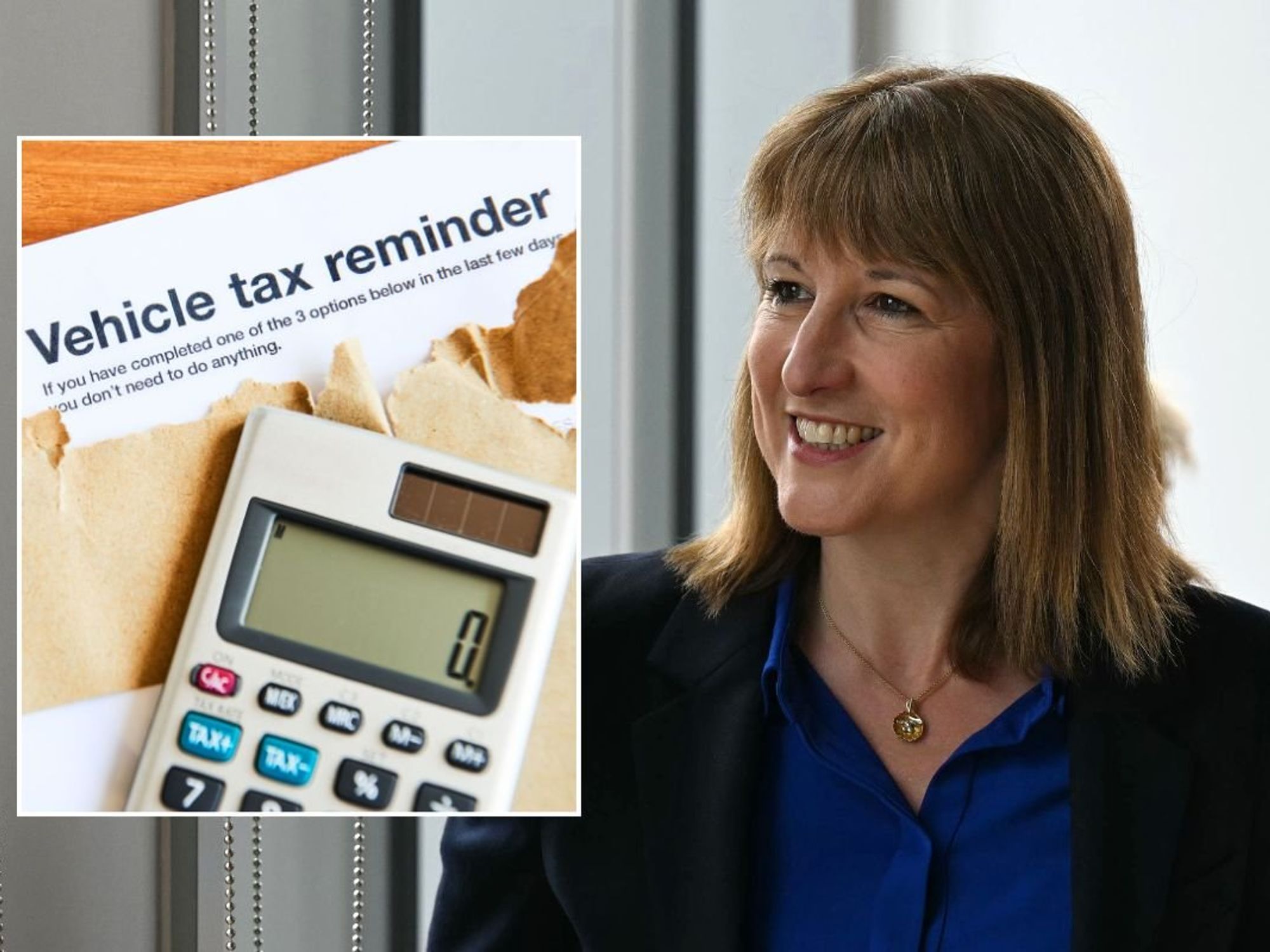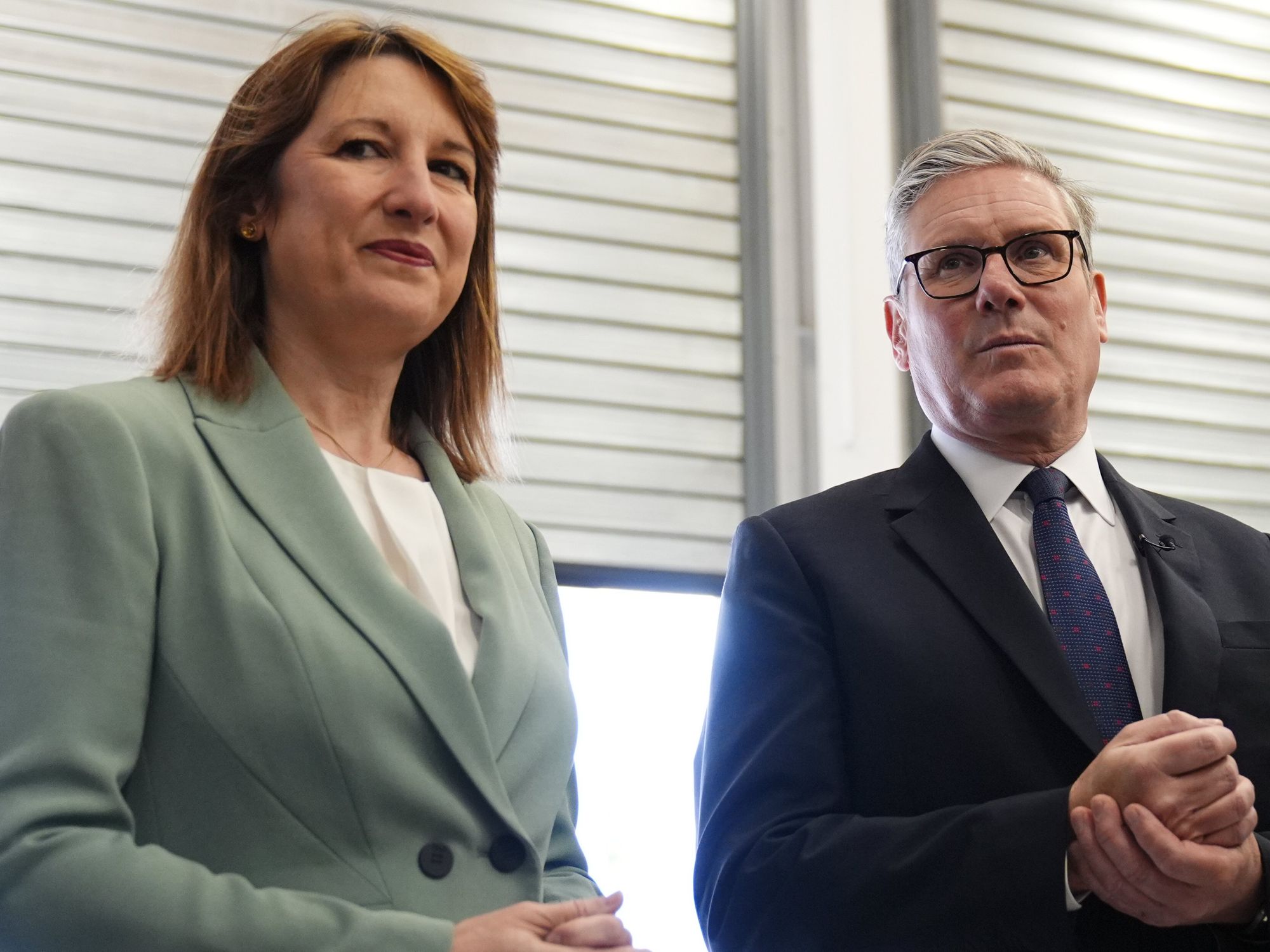Inheritance tax alert: Pressure mounts on Rachel Reeves to raise gifting allowance to £9,000 as retirees cut family support

Experts warn that an outdated £3,000 limit risks weakening inter-generational wealth transfers
Don't Miss
Most Read
Latest
Many retirees are being forced to rethink how much financial help they can give to their families.
With pressure mounting on the Chancellor to reform outdated gifting rules, concerns are growing over the future of intergenerational support.
Wealth manager Quilter has urged the Government to raise the annual gifting allowance to £9,000 as new research shows retirees cutting financial support for younger relatives
Quilter warns that an outdated £3,000 limit risks weakening inter-generational wealth transfers, with this tax-free threshold frozen for more than four decades. Had it risen with inflation, it would now sit at around £12,000.
The gifting allowance is the amount of money that an individual in the UK can give away without it being counted towards their estate for inheritance tax purposes.
Quilter argues that an update is essential to reflect modern financial realities and protect intergenerational wealth transfer.
Its inaugural Retirement Lifestyle Report, based on a survey of more than 5,000 retirees, found that 13 per cent of pensioners plan to reduce gifting to children and grandchildren.
Even wealthier pensioners are affected, with 16 per cent of younger, above-average earners planning cutbacks, while 15 per cent of lower-income retirees also expect to scale back.
Do you have a money story you’d like to share? Get in touch by emailing money@gbnews.uk.
Retirees currently provide more than £2,500 a year in support to family members, split between direct gifts and contributions to education.
But many regularly exceed the £3,000 threshold, introducing complexity and uncertainty over inheritance tax.
Shaun Moore, tax and financial planning specialist at Quilter, warned that retirees provide a vital avenue of support for younger generations.

Retirees currently provide more than £2,500 a year in support to family members.
|GETTY
Mr Moore said: “If the bank of mum and dad, or even the bank of gran and grandad, begins to close its doors, the ripple effects could be felt across the housing market, education system, and the wider economy.”
He described the current allowance as “a relic of a different economic era” and said raising it to £9,000 would better reflect modern realities.
Mr Moore added: “A modest increase would give families greater confidence and flexibility to support one another.
It would also align with existing products such as the Junior ISA.”

Younger people are receiving less financial support from their elders.
| GETTYSpeculation is mounting that the Chancellor’s November Budget may consider changes to inheritance tax.
Proposals include a lifetime gifting cap, extended survival periods before gifts fall outside estates, and further freezes to the nil-rate band.
Mr Moore stressed that any reforms must be balanced with an updated gifting allowance.
He concluded: “If the government wants to foster a high-growth, investment-led economy, reducing friction around inter-generational wealth transfer is not just aligned with that vision — it is essential to it.”

The 'bank of mum and dad' is far less lucrative than it used to be
|Getty
The survey shows average annual gifting from retirees totals £1,323 in cash and £1,175 towards education.
Younger retirees with above-average incomes report gifting £4,836 a year, alongside £5,280 for education.
Quilter said the £9,000 figure would provide closer alignment with the annual contribution limits for Junior ISAs.
The firm also said that raising the allowance would reduce administrative uncertainty for families who regularly breach the current £3,000 limit.
LATEST DEVELOPMENTS:
The Chancellor’s Budget is scheduled for November 26.
Inheritance tax rules are expected to feature as part of the fiscal package.
Retirees surveyed by Quilter cited affordability pressures on younger relatives as the main reason for continuing to provide support.
The firm said that without changes to the allowance, inter-generational transfers could decline further.
More From GB News










